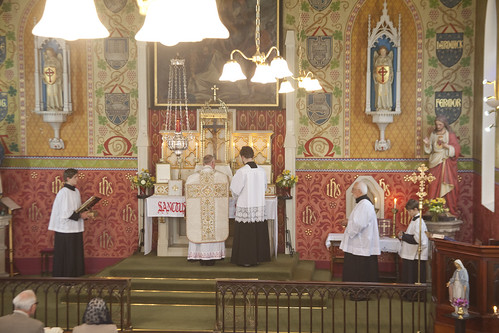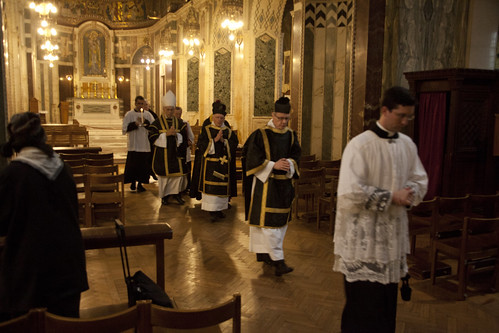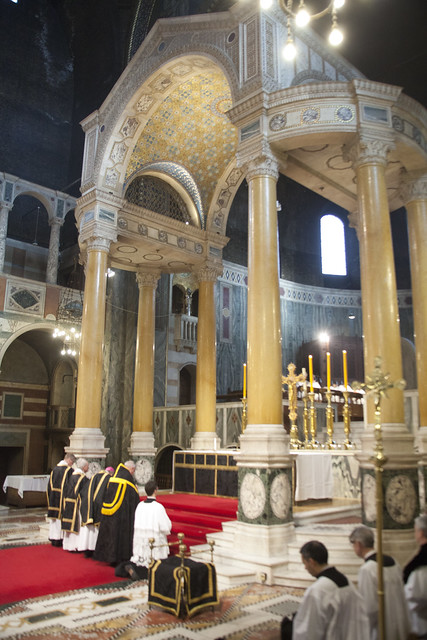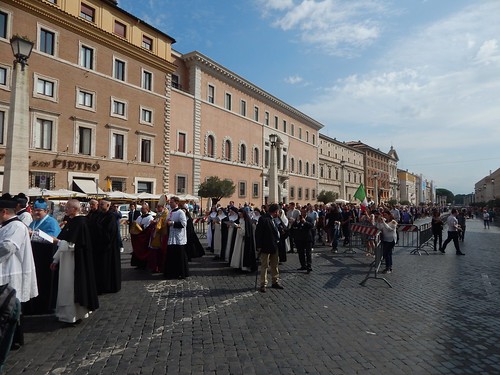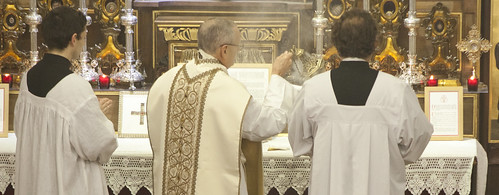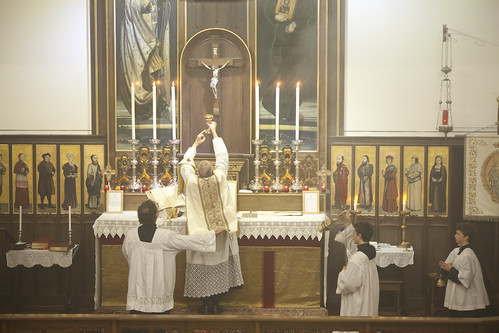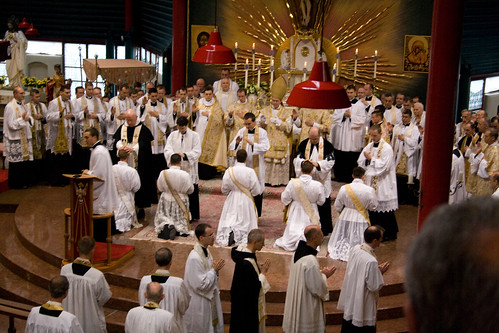 |
| Ordinations for the Fraternity of St Peter in Wigratzbad in 2009 |
Guide to this series:
The Psychology of the Rigid Personality
The Psychology of Military Incompetence
The Psychology of Ecclesiastical Incompetence
The Psychology of Traditionalism
Before my series of posts about Norman Dixon's Psychology of Military Incompetence, I'd been writing about Mgr Basil Loftus, who exemplifies the attitude that respect for rules indicates a conformist, 'anal', weak-ego individual. This inference enables him, and many others, to conclude that theological and liturgical conservatism and traditionalism manifests a kind of 'rigidity' incompatible with pastoral effectiveness.
I have shown what is wrong with this argument in general terms. It is a truism that people with weak egos and an unhealthy fear of failure will be risk-averse, and will seek the approval of their peers and superiors by conforming. In the post-conciliar situation, however, this approval is not forthcoming to conservatives and traditionalists in mainstream Catholic or non-Catholic institutions: it is, rather, given to those who toe the liberal line. It is rather remarkable that Loftus and his like have not noticed this, but as I have observed that classical presentations of the psychological theory they draw from, including Norman Dixon's, are prone to confuse the risk-taking non-conformism of a person with a strong ego and moral courage, with the liberal violation of traditional norms, and with the norm-violation of the merely self-indulgent.
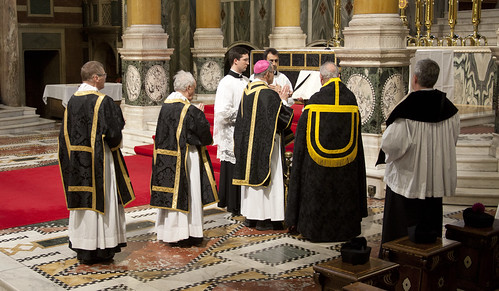

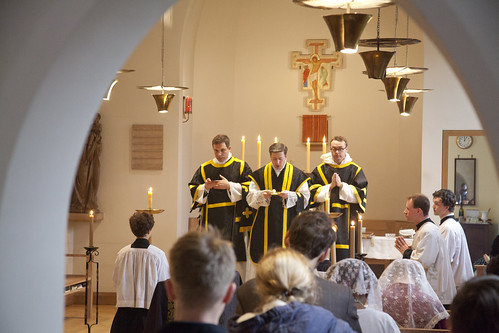
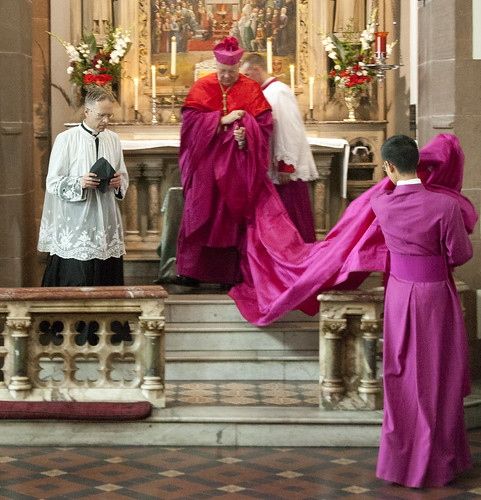

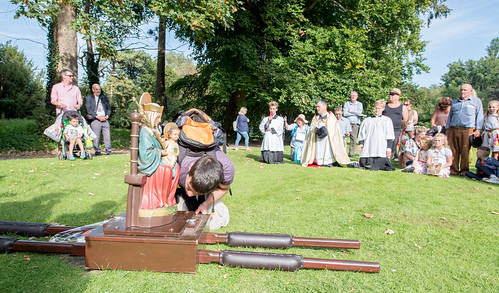

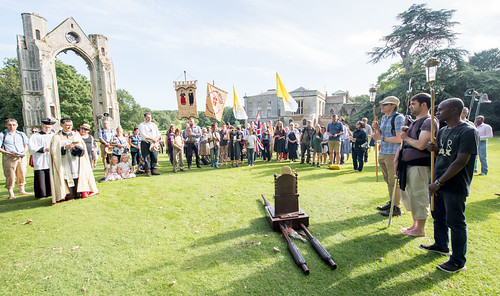
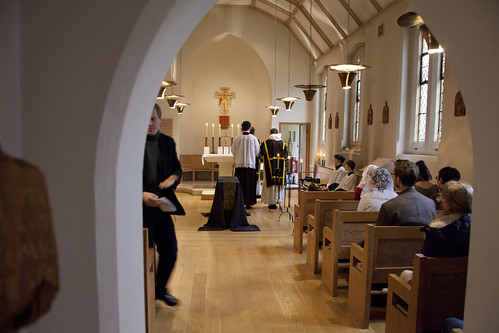
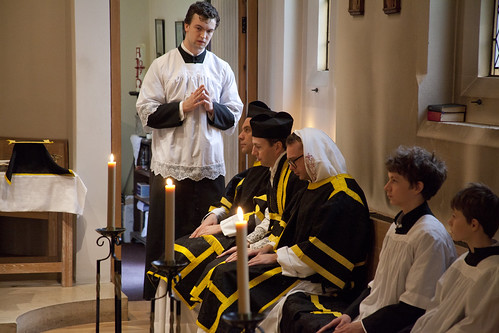
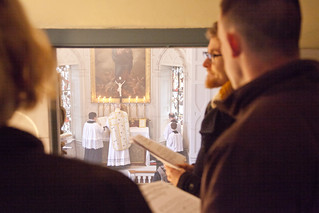



 The conference will start after lunch on the Monday and conclude before lunch on the Thursday.
The conference will start after lunch on the Monday and conclude before lunch on the Thursday.
